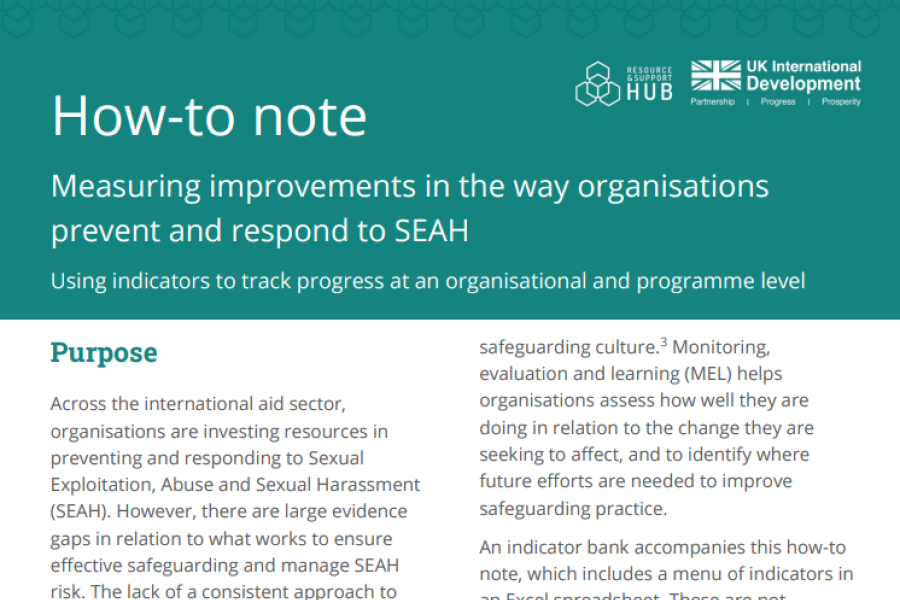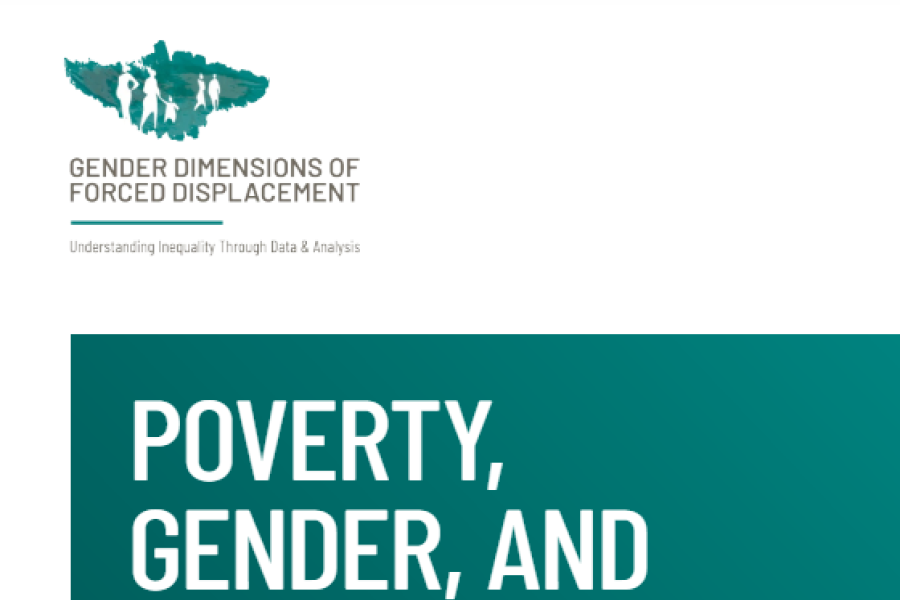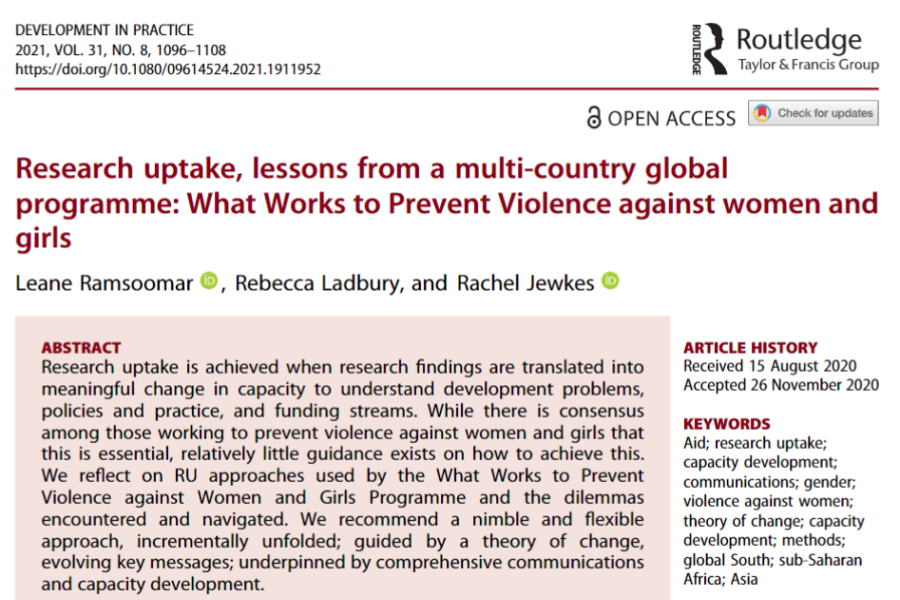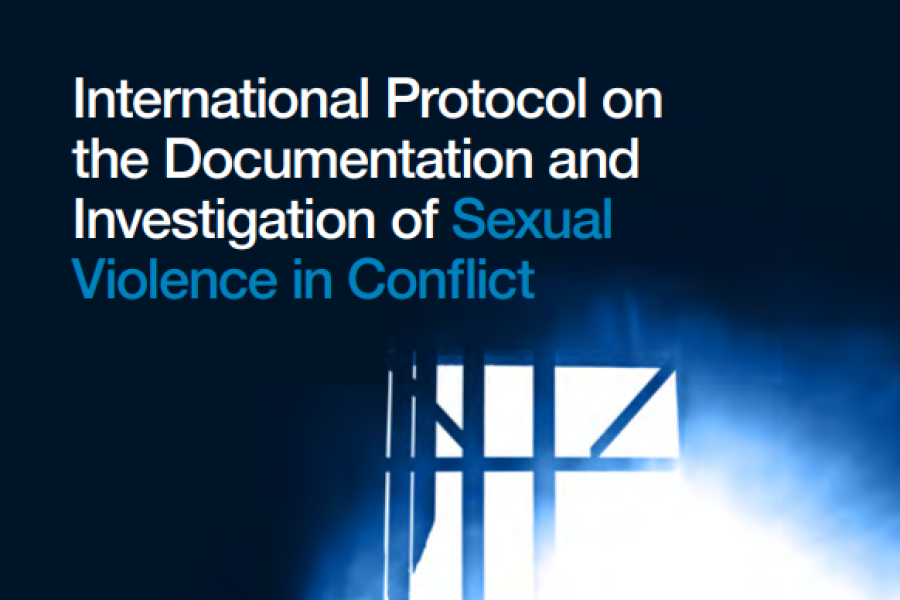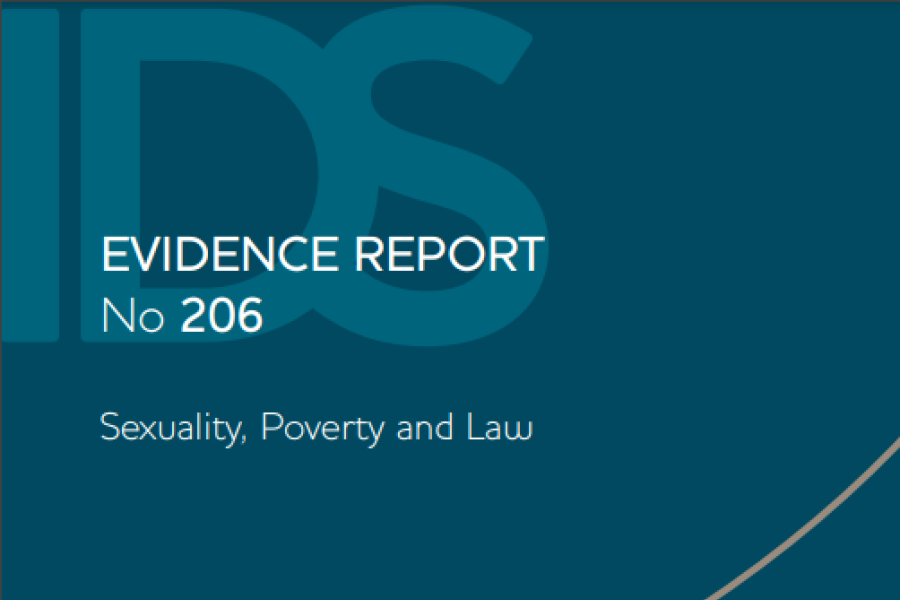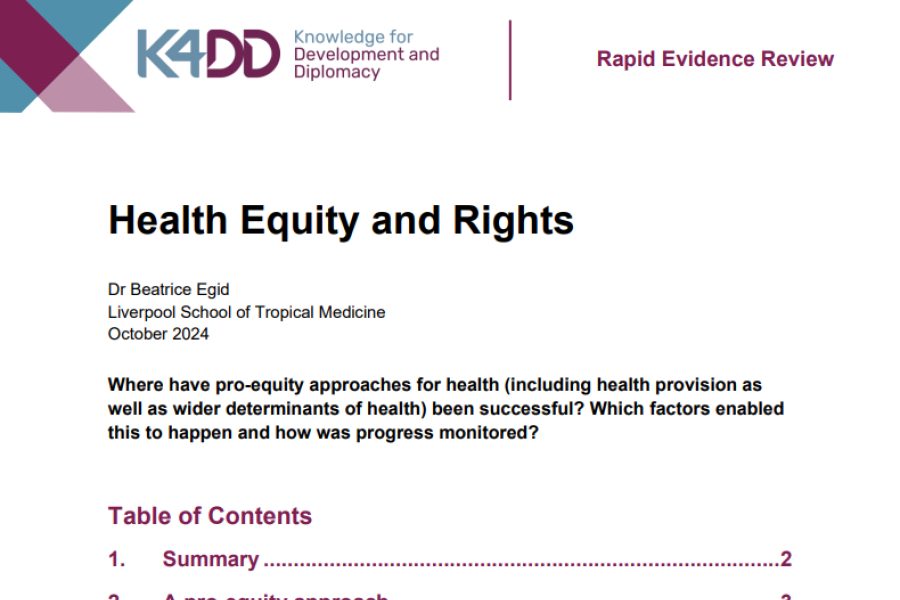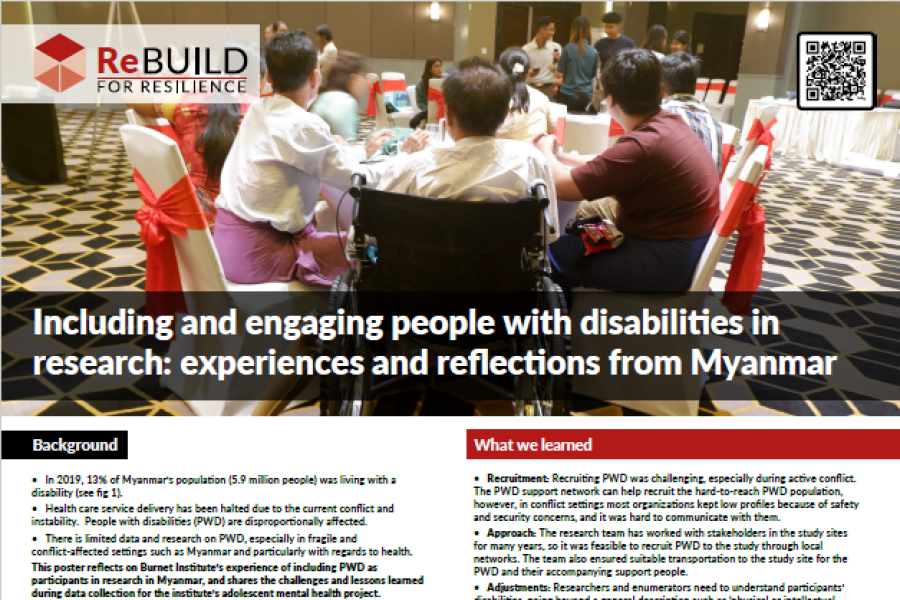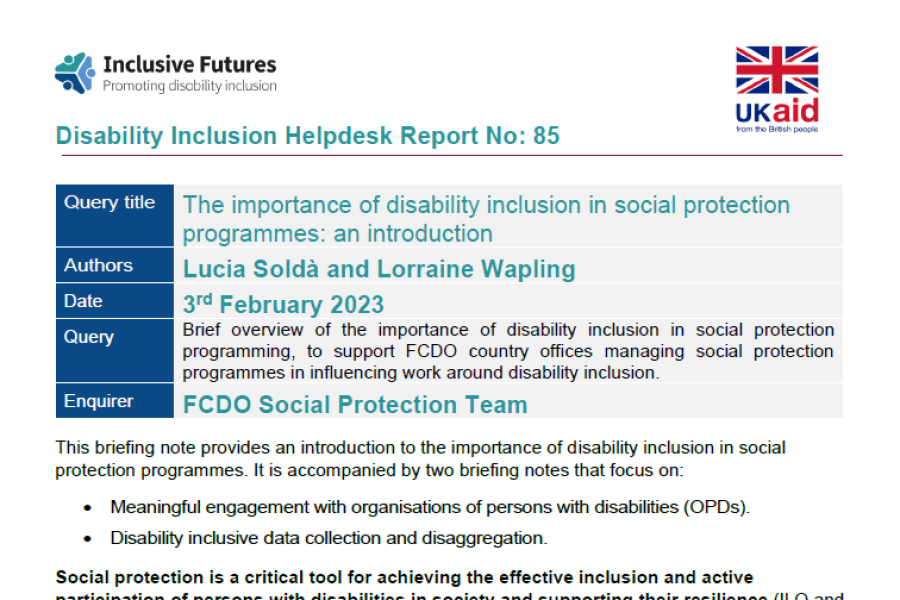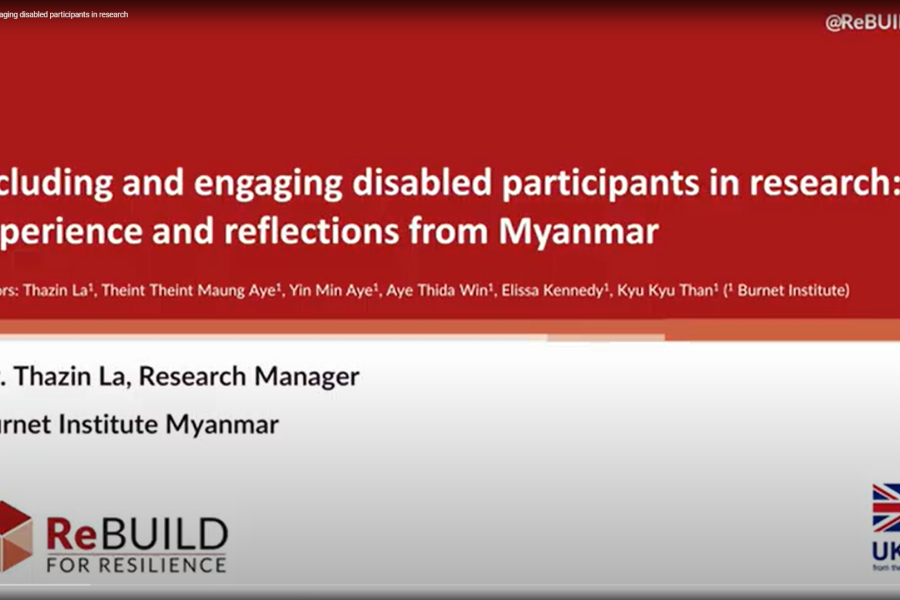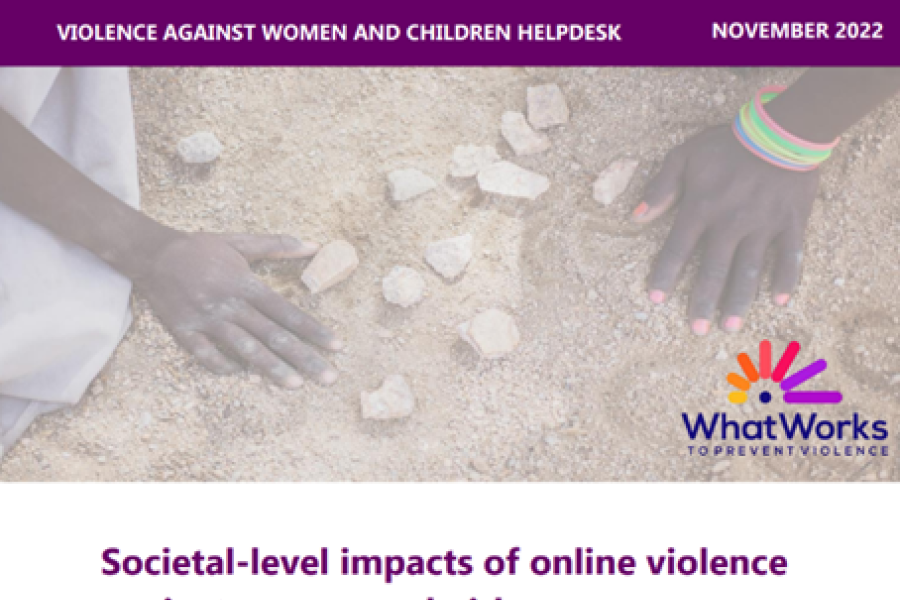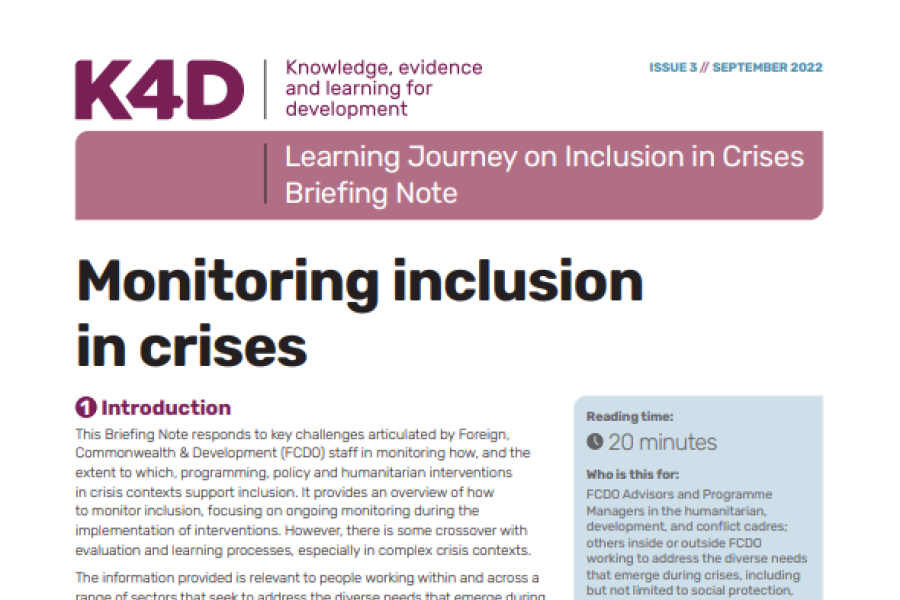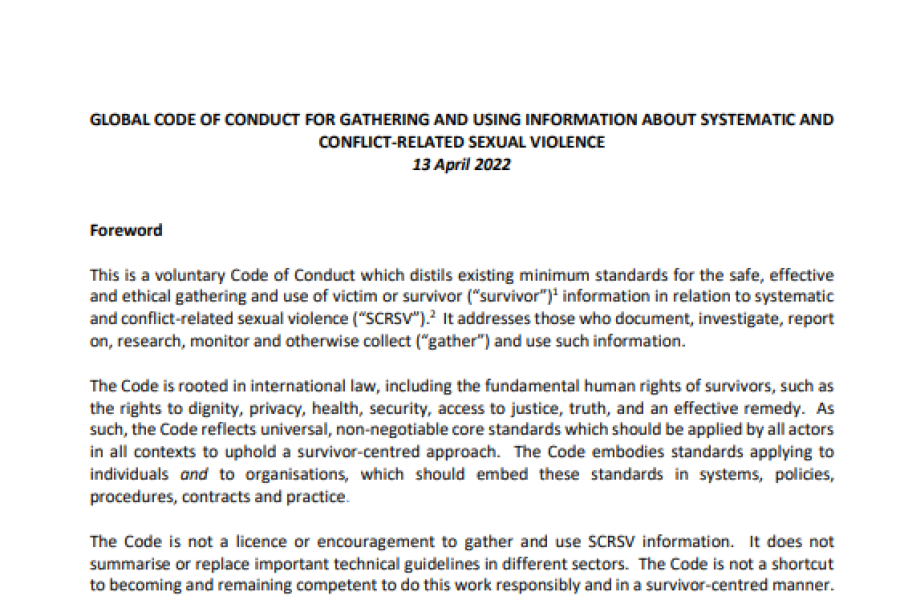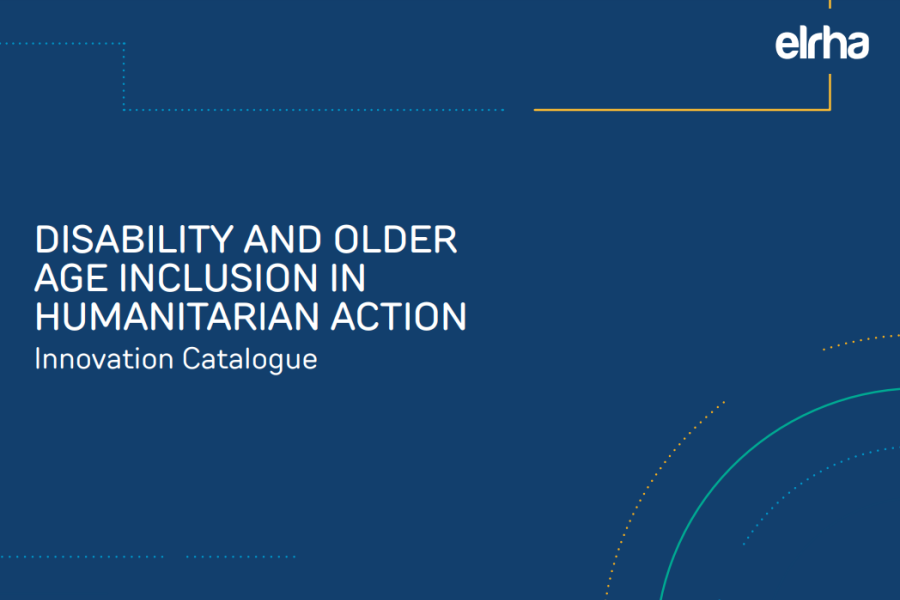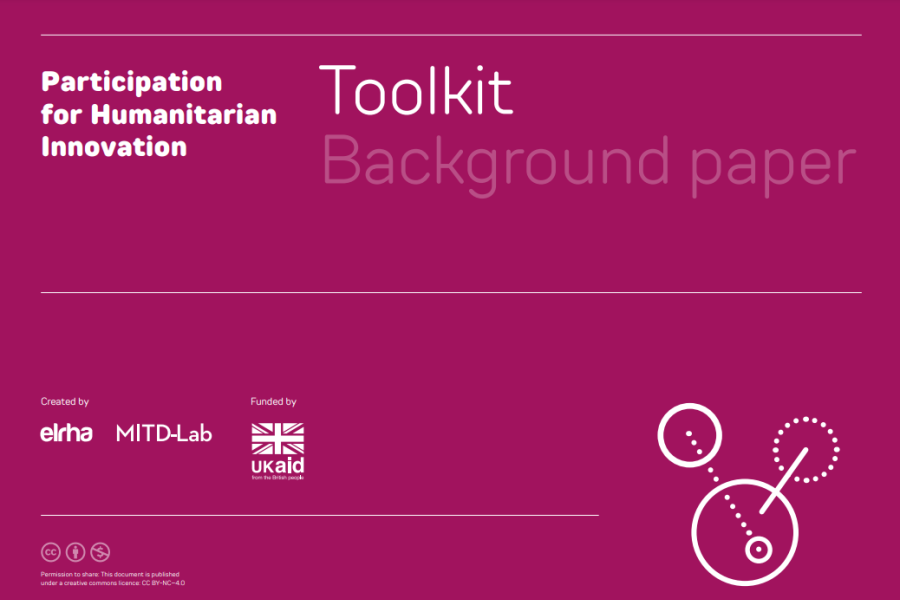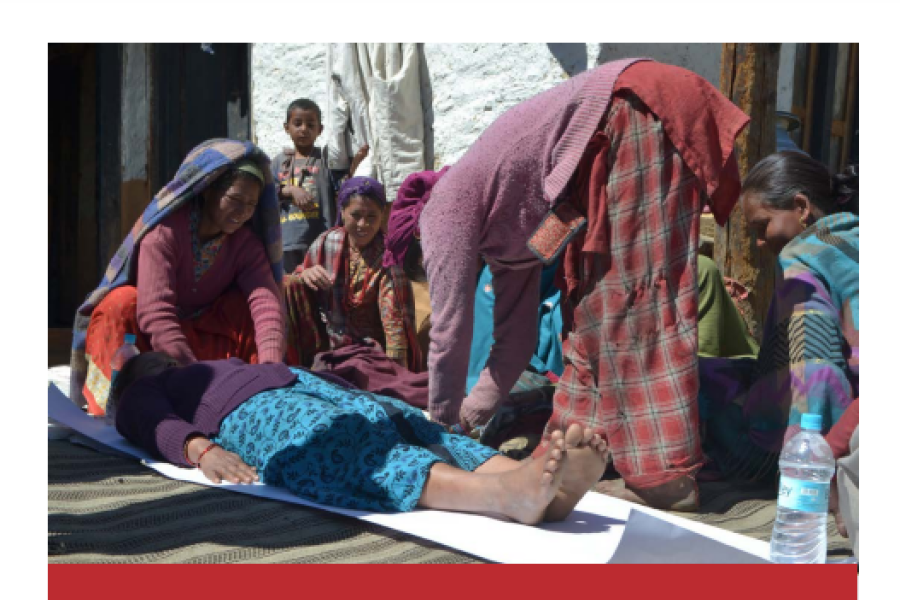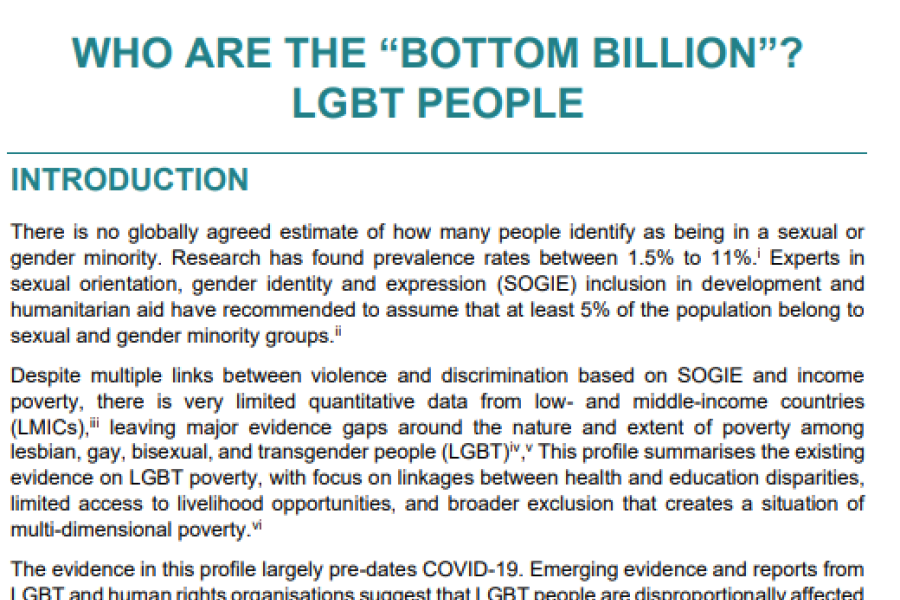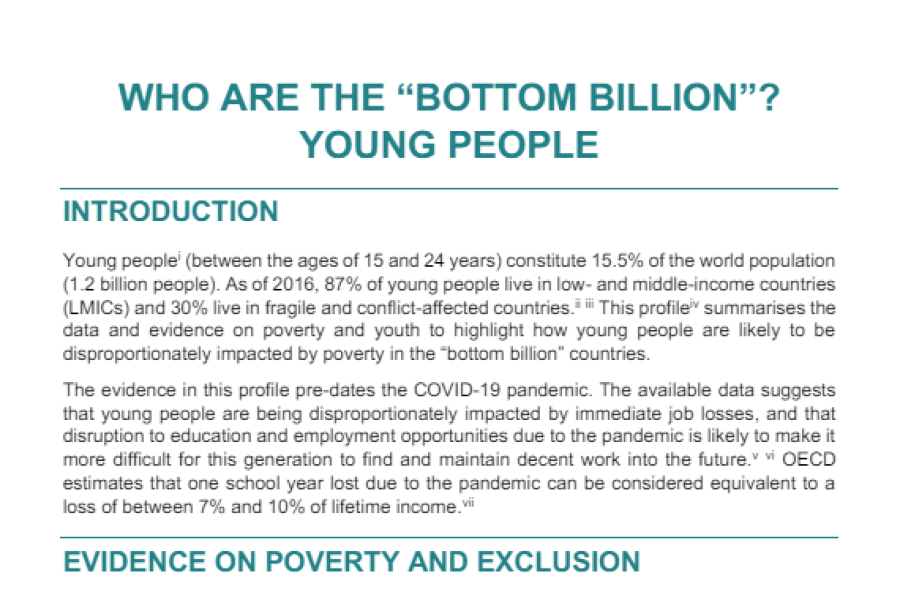Resource library: Promoting safe research, evaluation, and measurement practices

Welcome to our comprehensive resource collection dedicated to promoting safe research, evaluation, and measurement practices.
Here, you’ll find a variety of tools and guidance on how to design, adapt and conduct research activities safely and inclusively. Our resources cover key considerations for mitigating risks and highlight effective strategies used by different organisations to prevent harm during research processes.
Engaging in research activities involves various stakeholders, including researchers and community members, who can be vulnerable to risks if the research process is not conducted with safety, ethics, and respect in mind. Extractive research practices or those that overlook or undervalue the expertise and experiences of individuals, communities, and grassroots organisations can lead to harm at both individual and systemic levels by perpetuating inequalities and excluding certain voices. Certain groups may be more susceptible to harm based on their race, gender, disability, age, or other characteristics.
However, these risks can be minimised by adopting safe, ethical, and inclusive research, evaluation, and measurement practices. Inclusive data collection methods play a crucial role, including the sensitive collection of disaggregated data based on factors such as gender, age, and disability status. Such approaches support more inclusive and equitable programming by ensuring that diverse voices and experiences are recognised and accounted for.

